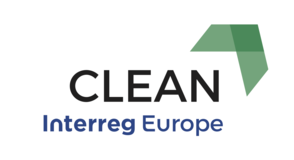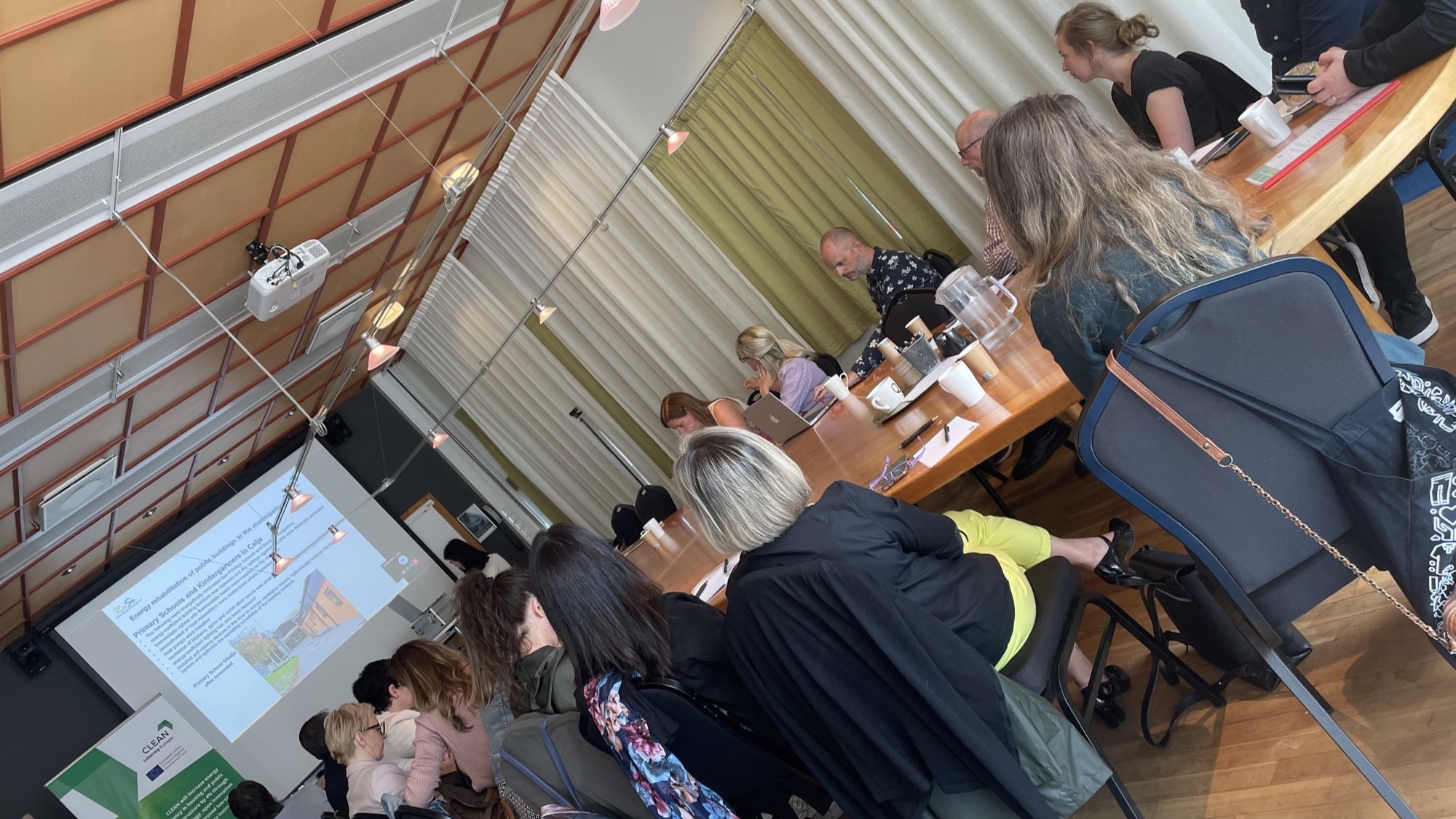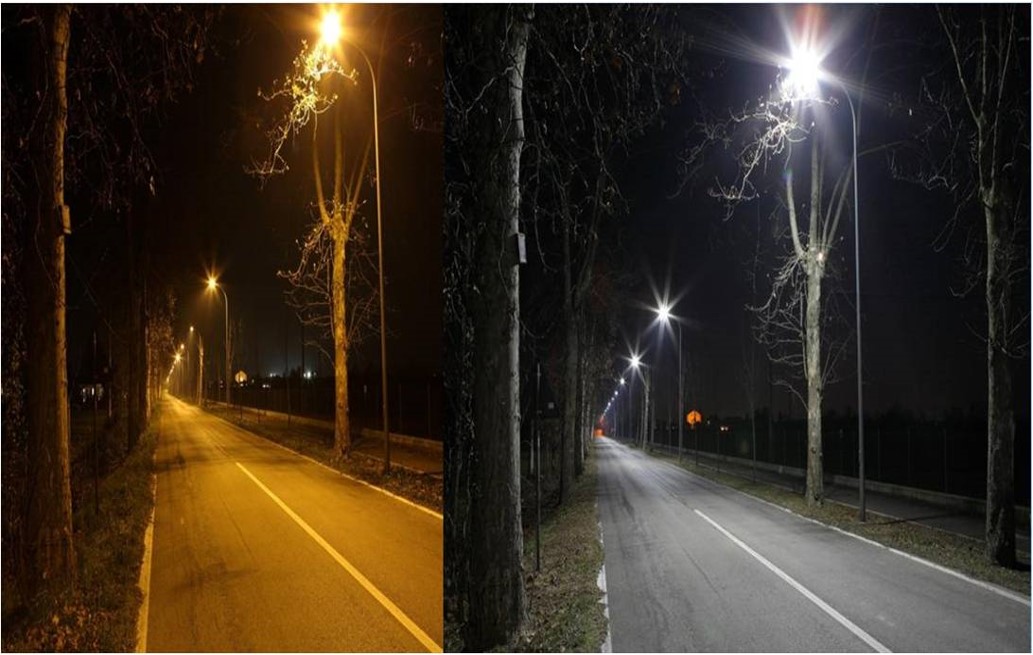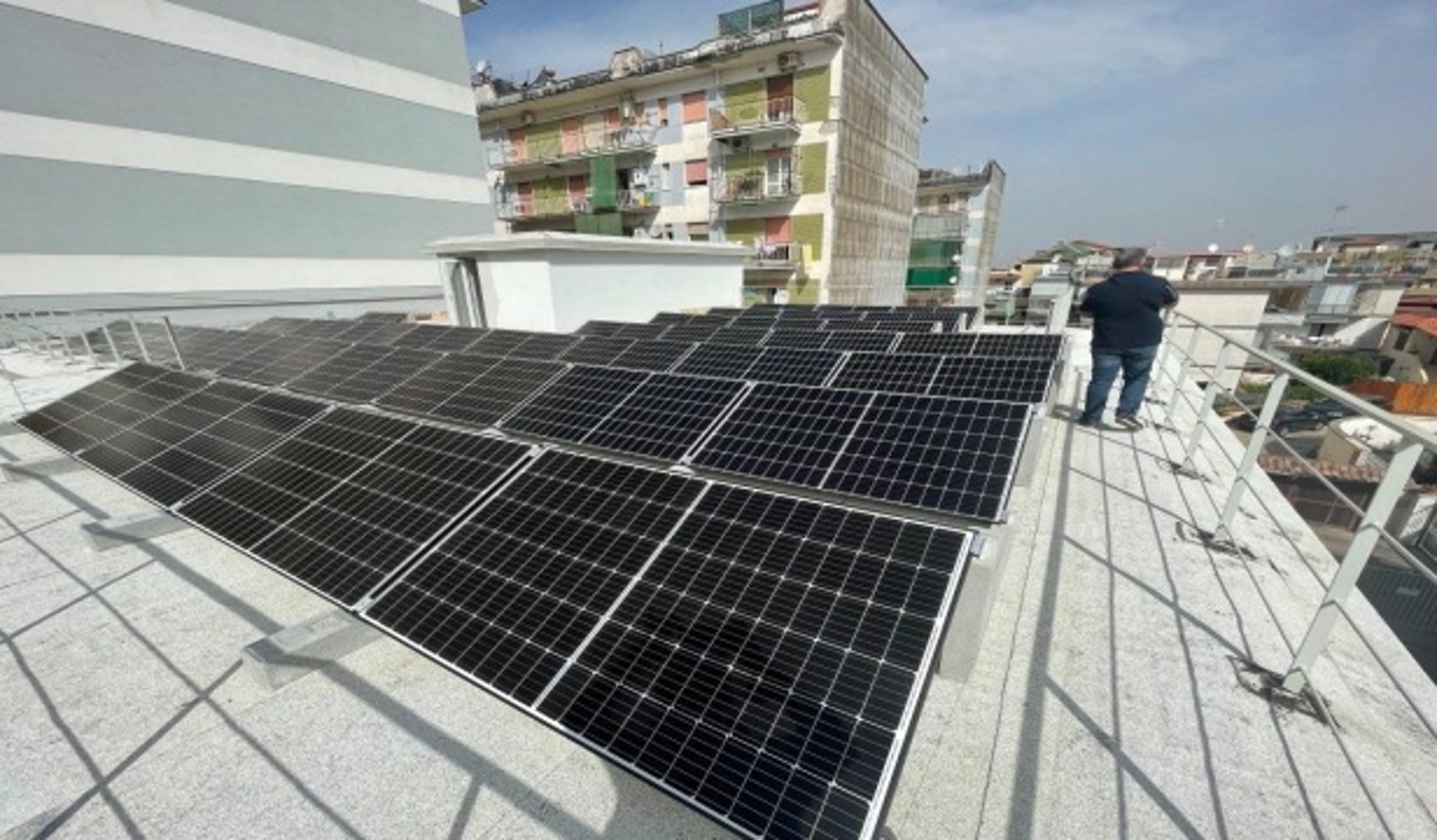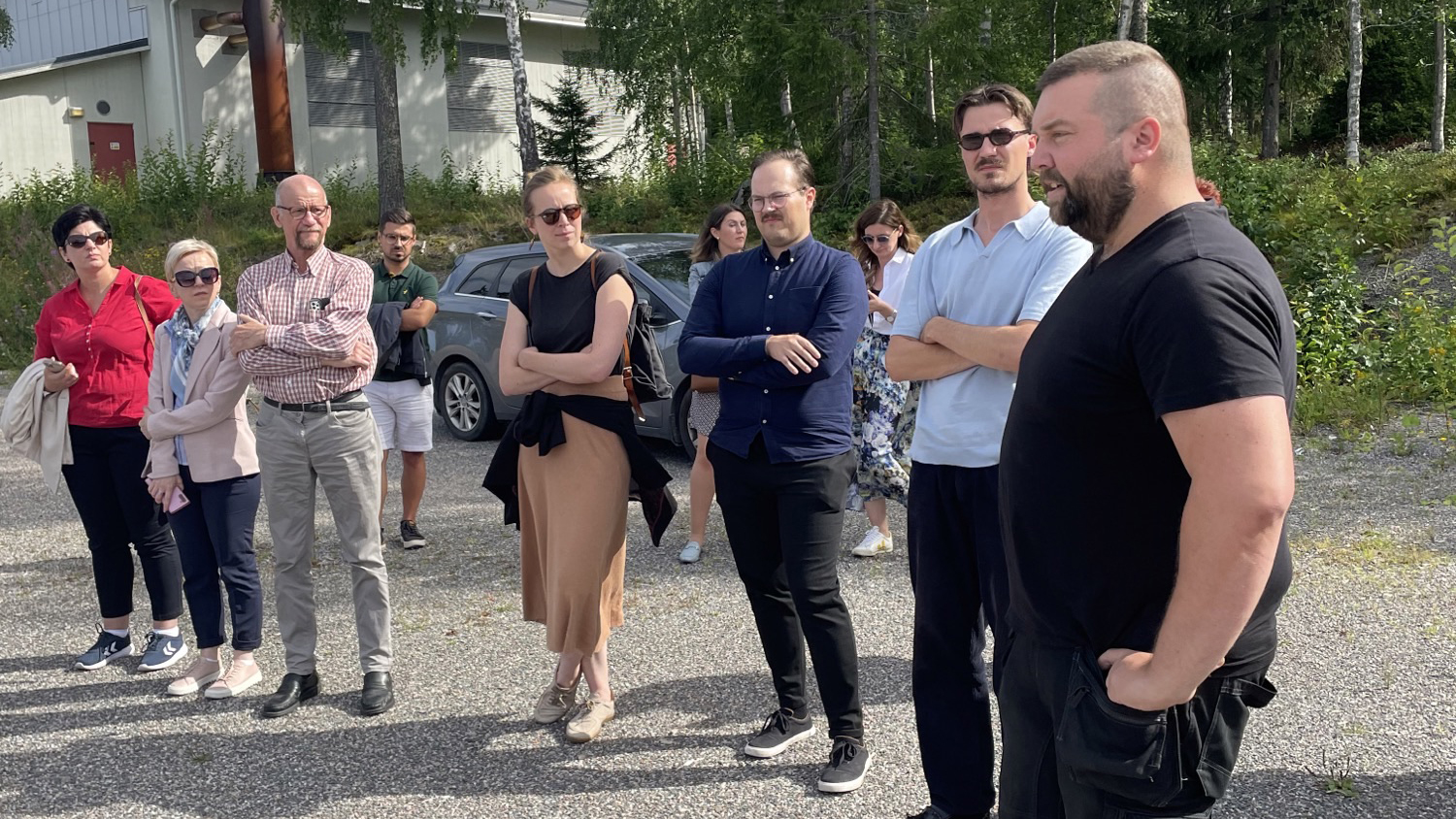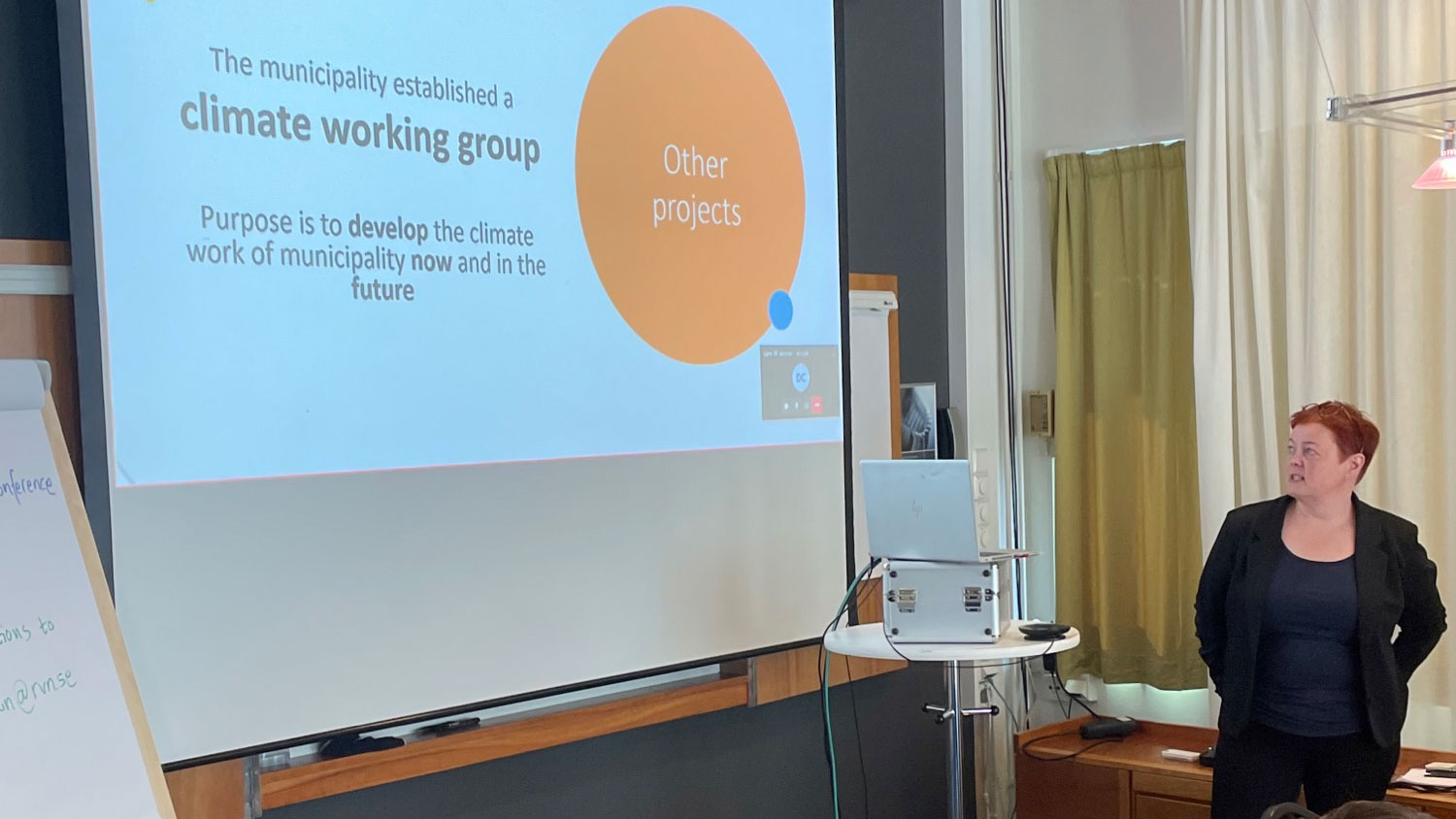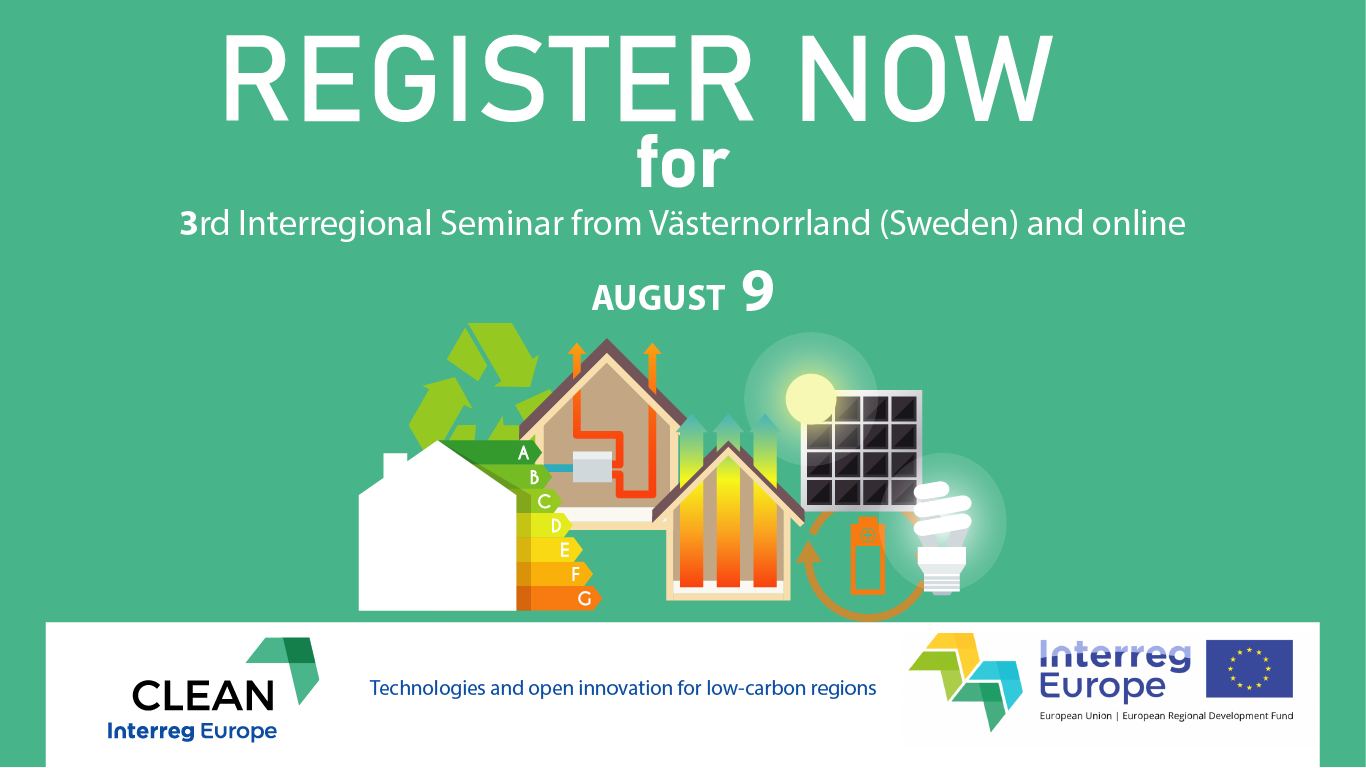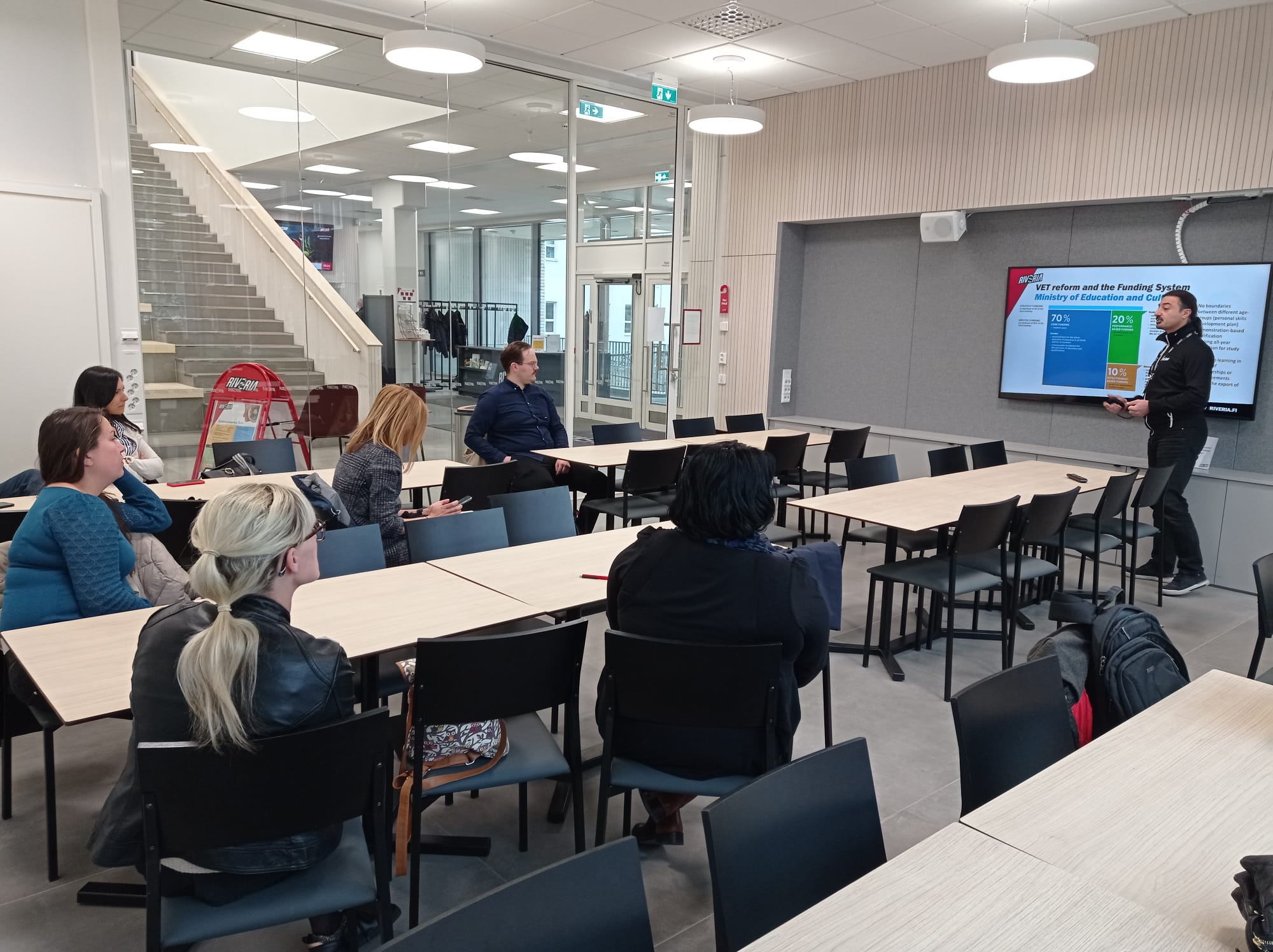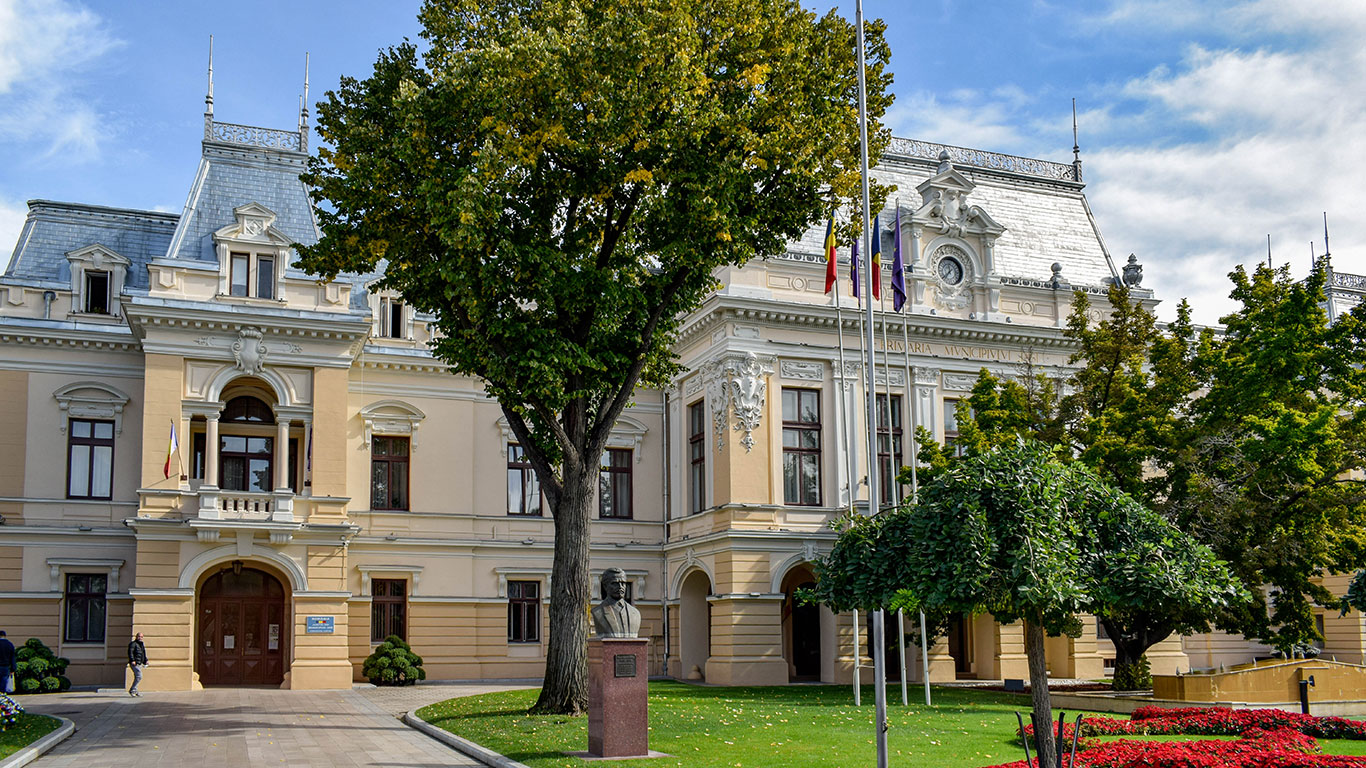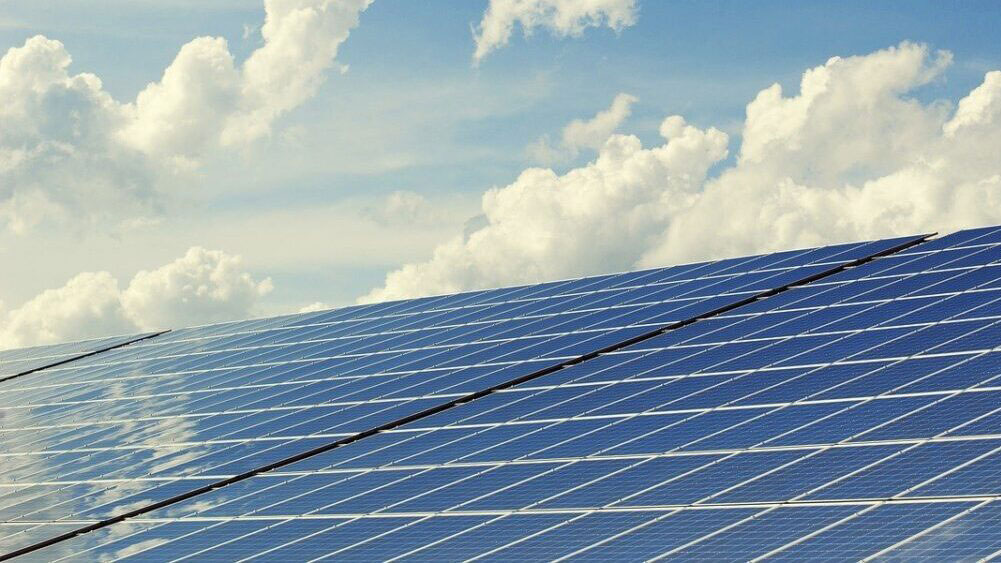On 28 September, Interreg Europe’s the Policy Learning Platform hosted an interactive webinar on how to improve energy efficiency and performance in social housing. Florian Guillotte from SCIC les 7 Vents and CLEAN project partner presented the good practice Positive Energy Families challenge.
Regions face many challenges in relation to social housing. These domestic dwellings are owned by local authorities or non-profit organisations and rented to individuals and families with low incomes. These organisations face a number of distinct challenges for improving energy performance and reducing energy poverty. Much of Europe’s social housing remains thermally inefficient, having been built before modern building standards were implemented. This has resulted in a large number of inhabitants at risk of energy poverty, and also contributing to Europe’s carbon emissions.
During the webinar, policy makers learned about three approaches for improving energy efficiency in social housing – a behaviour change campaign, a funding scheme for renovation of existing housing, and sustainability criteria for new buildings.
Ryan Weber presented the Social Green project and explained the challenges for social housing. How improving the energy performance of social housing is not only about energy improvement, it’s also about enhancing quality of life, with subsequent improvements in health, comfort, happiness, wellbeing and social cohesion.
Florian Guillotte from SCIC les 7 Vents talked about the Positive Energy Families challenge. This CLEAN project good practice takes the form of a competition that encourages teams of families to save energy through everyday actions. Florian Guillotte highlighted that, as well as renovations, energy savings can be made via behaviour change, such as turning off lights and using technologies efficiently. Campaigns and training can help in raising awareness of the potential reduction in energy use and increase in financial benefits. Community approaches also build social bonds (such as competitions and group tasks) have been found to be particularly beneficial. Because of the success of this good practice, CLEAN partner the Development Agency of Savinjska Region from Slovenia (RASR), has decided to replicate the Positive Energy Families challenge good practice.
Andreea Rogozea form Regional Development Agency South Muntenia (Romania) and Social Green project partner explained that in many cases, those in energy poverty are dependent on subsidies to support their energy bills. Renovation can therefore have a long-term net benefit to the public budget, as in the Romanian case where investment costs were returned in only 5.4 years as a result of savings made from no longer paying subsidies.
Rosalia Smaldone from Province of Potenza on ATER, territorial agency for residential buildings, sustainable public housing (LOCARBO project) highlighted that using the most energy efficient technologies may be more expensive overall than typical approaches, but costs must be compared against the long-term overall energy savings and increased comfort.
If you missed this interesting webinar you can watch the webinar recording by clicking below.
